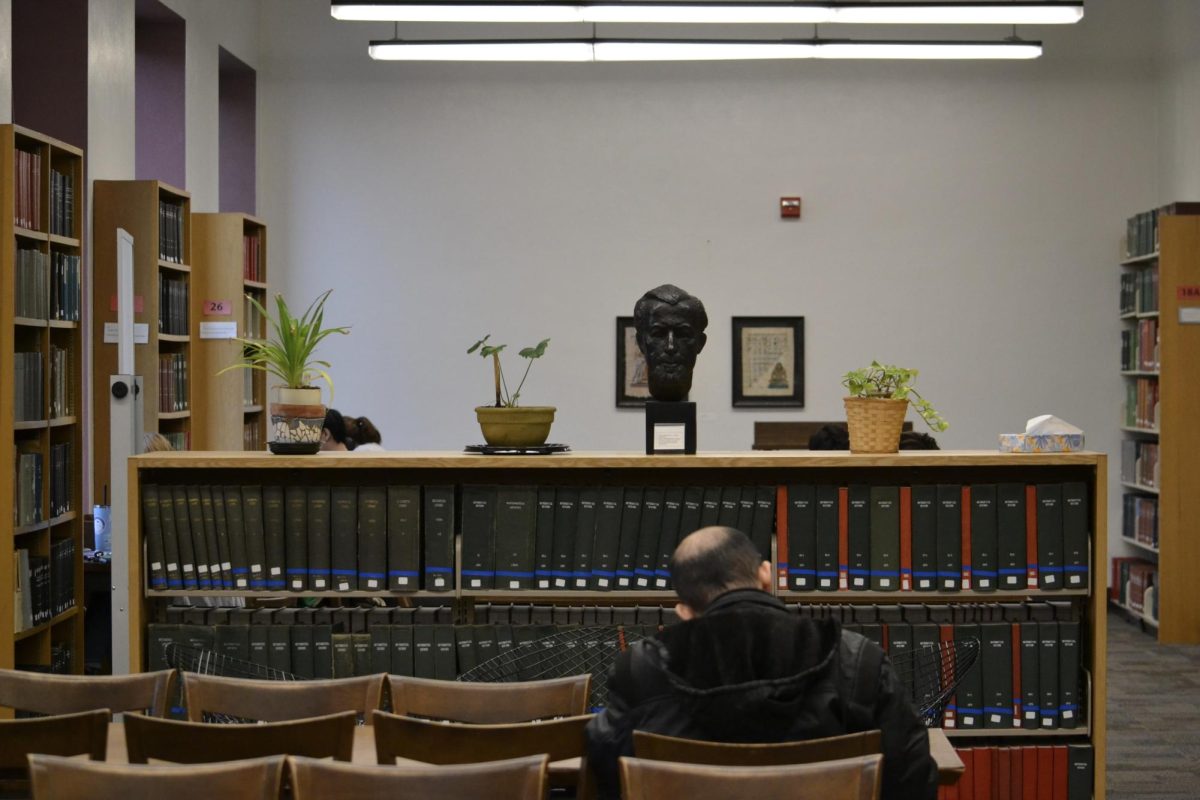Little is known about how climate change is affecting plants and their ecosystems, but researchers at the University of Minnesota are hoping a new study will help scientists better understand how plants evolve and respond to changes in temperature and precipitation. Ecology, evolution and behavior professor Jeannine Cavender-Bares is leading a team of researchers studying the effects climate change is having on the tropical live oak, an ecologically important tree found in tropical forests, and the potential the oak has to evolve, adapt and survive. The tropical live oak is one of few tropical trees to keep its leaves during dry seasons, making it an important provider of shade and shelter, and a âÄúkeystoneâÄù species in tropical forests found in places like Costa Rica and Honduras, she said. A keystone species significantly affects its habitat and the organisms it shares it with. Cavender-Bares has spent the last several years working with the tropical live oak, but she is expanding her research in May to examine how evolutionary changes in the live oak will affect their entire ecosystems after being awarded a five-year grant from the National Science Foundation. When responding to climate change, Cavender-Bares said plants can migrate to a new, more hospitable location, make small physiological changes to improve survivability or evolve to better adapt to the current ecosystem. Working with saplings grown on campus and mature trees at field sites in Costa Rica and Honduras, Cavender-BaresâÄô team is exploring how oaks exposed to different temperatures and precipitation rates have adapted to their current environments and their further evolutionary potential. Although they are an important part of ecosystems, long-lived species like the tropical live oak âÄútend to get overlooked,âÄù Julie Etterson , a researcher working with Cavender-Bares, said, because working with annual plants allows researchers to get quicker results to work with. Examining the tropical live oak will help scientists understand climate change on a larger scale, Cavender-Bares said. âÄúUnderstanding how these kinds of species respond to climate change and their evolutionary potential to adapt is really critical if we want to understand how whole ecosystems are going to respond to climate change,âÄù she said. Etterson, a University of Minnesota Duluth biology professor who previously studied evolution in annual plants, said she will help study the variance among specific traits that may help tropical live oak survive and adapt to changes in precipitation and temperature. Scientists will pay close attention to genetic variations in the trees, because limited variance among tropical live oaks will make them more vulnerable to drought resulting from climate change, Nicholas Deacon , a plant biology graduate student, said. Deacon, who is participating in Cavender-BaresâÄô research, said he encountered âÄúa striking amount of genetic variationâÄù in tropical live oak and began researching how different populations would respond to long term changes in their environment for his dissertation. Regardless of the actual effects climate change has on tropical live oaks, understanding this important species, and in turn how it affects its ecosystem, could be used to analyze other ecosystems worldwide, Cavender-Bares said. âÄúWe think these trees will probably suffer a lot of mortality if climate changes,âÄù she said. âÄúBut we want to understand the adaptive potential for them to respond.âÄù Cavender-Bares said itâÄôs possible the tropical live oak will die out due to climate change, which would âÄúfundamentallyâÄù change the forests of Central America.










